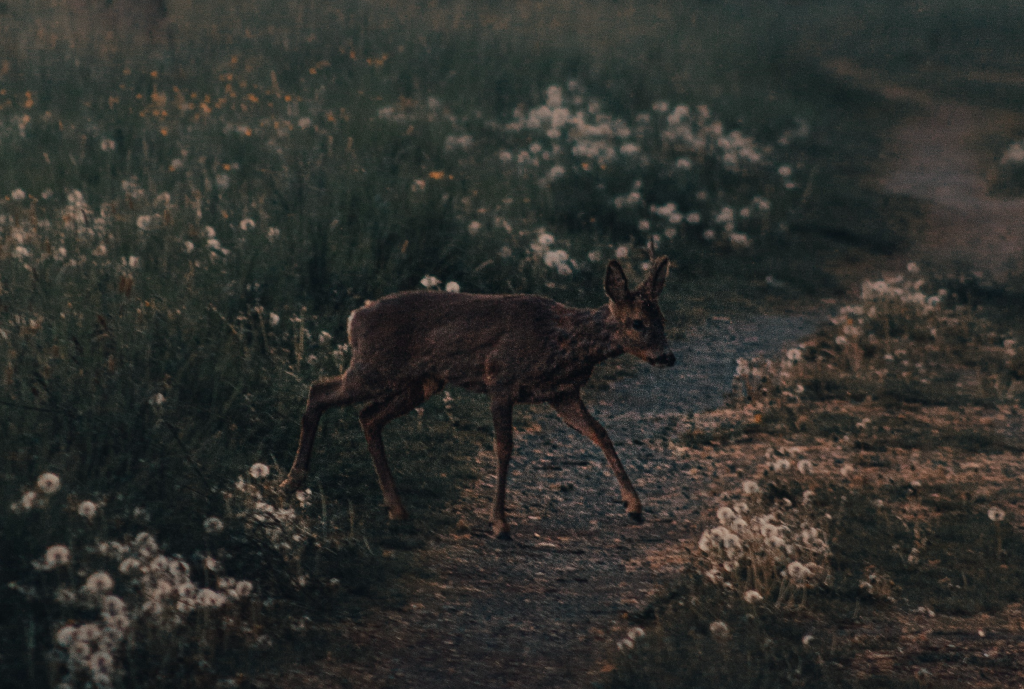So, for a moment, indulge me this query and thought experiment. Trust me that I’m offering something of value in just a few short minutes.
What personal or professional challenge are you facing right now, today, this moment?
I want you to picture it, however it arises, in brain. What does it look like, how does it feel in terms of both emotions and body sensations, what actual words or phrases come up?
And now picture how you either have resolved it or plan to resolve it. Perhaps you’ve given it a boatload of thought. Perhaps you have not, and instead are very reactive in your thinking right now. Either way, how do you see yourself getting to the other side of it?
Hold that thought. Does it look like escaping the situation, running away, avoiding somehow? Does it look like choosing an aggressive approach (demanding things, arguing, becoming firmer or harder)? Or, lastly, is it a deer-in-headlights, freeze / act dead, approach?
Supremely quick nervous system lesson: we are wild creatures of Nature, not much evolved (and in some sense, devolved) from our ancestors. The three ways our brains compute and attempt to deal with some affront or conflict is to FLEE, FIGHT, or FREEZE. You may have heard this termed being in “fight or flight” mode. In a biology text, this would be called the Sympathetic Nervous System (the rather ‘stressed’ branch of the autonomic, or ‘automatic’, nervous system).
What if there were a 4th option? There is.
Time to get creative. If faced with a problem, right in front of you or in the distance, can you imagine anything else, that isn’t leaving it, becoming aggressive or stopping everything? What else is there?

Yoga and mindfulness would offer the following:
– Watch it all. Sit with it. Walk with it. Actively witness it with gentle curiosity. What is happening both outside of you and inside of you as it unfolds? It will look differently tomorrow. It will look differently amongst the trees. Let it process.
– Avoid the urge to automatically react. If our intellect is as evolved as we believe, we should own some control over this. Remember that patience does not equal inaction (though both are valuable of their own accord).
– Practice non-judgement. Judgement falsely assumes that you or I hold more understanding, wisdom or knowledge than others. This isolates us, causing further, two-way harm. Judgement is also harmful when it’s rooted in distraction or non-awareness. When we are are flippant in our attention, we will err.
– Instead of blankness or harshness, can you add empathy and/or kindness? Somewhere? Directed to yourself or to another? When things are difficult, we often respond in the way opposite to what would actually alleviate the trouble. If someone is lashing out at us, an angry response will not make it better, this, if nothing else, is clear as crystal.
Back to creativity. Back to your own challenging current situation.
How else could you respond?
Here’s to actual evolution.





